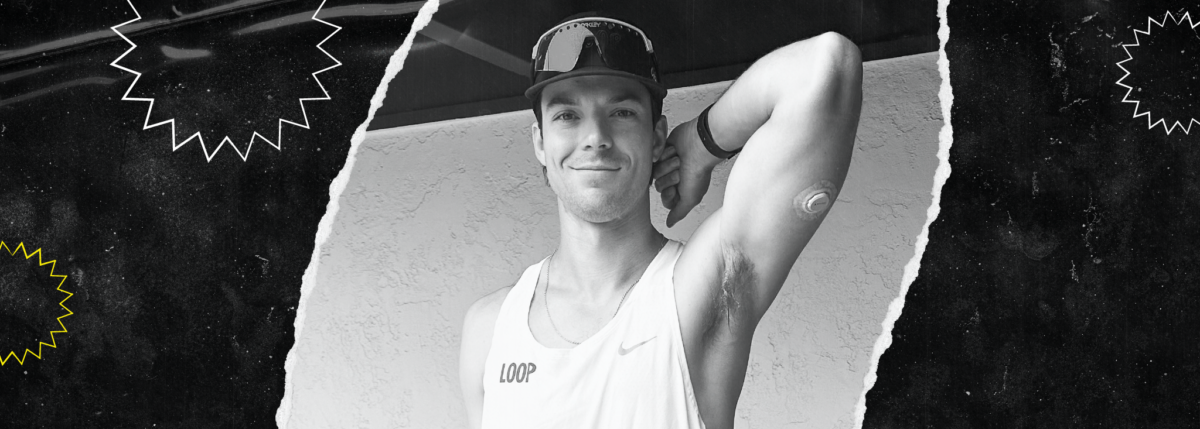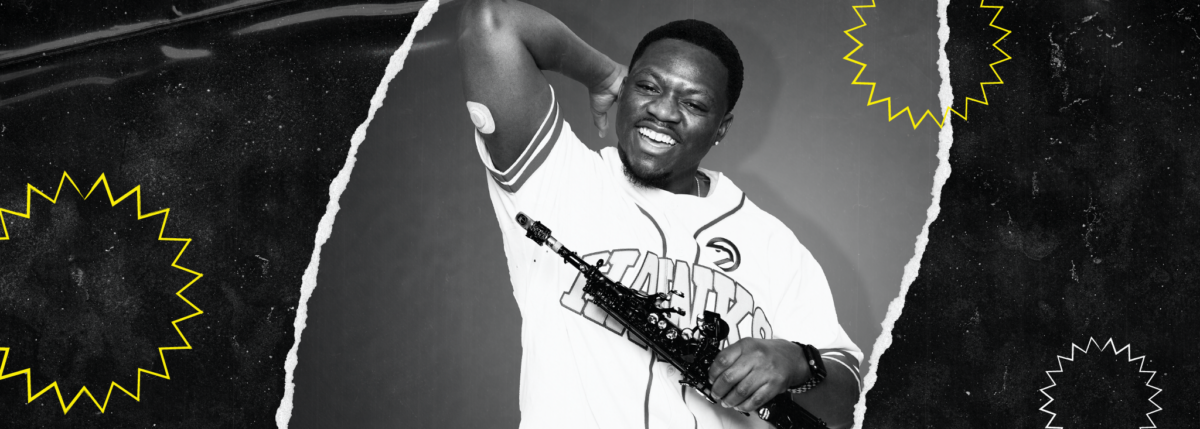Life Beyond Diabetes Complications
Written by: Aaron Johnson
2 minute read
July 27, 2016
And like many people living with type 1 diabetes, I went through my rebellious period when I was angry at the world and complained about how unfair everything was—all while taking no steps to properly care for myself or change my situation or anyone else's for distraction, fundraising, or anything else.
My mom was told in 1983, when I was (diagnosed) dx’d at 20 months old, “Don’t worry about the complications because a cure is right around the corner and there is no way he will end up an adult with type 1 diabetes (T1D).” And just like many T1Ds, I went through my rebellious period when I was mad at the world, and complained about how unfair everything was, all while doing nothing to care for myself properly, change my situation or anyone else’s through avocation, fundraising or anything. Poor, pitiful, me, right?
I just wanted to pretend diabetes didn’t exist, in myself or anyone else. This was the greatest plan my short sighted 20-something brain could come up with. Now that I’ve lived quite some years into this “mythical T1D adult life,” I’m paying for it.
I’m experiencing all of the complications I was told not to ever worry about—adhesive capsulitis, diabetic retinopathy and macular edema, gastro-esophogeal reflux disease, hidradenitis suppurativa and depression. The repercussions of my choice to ignore and complain about diabetes were swift and precise. The funny thing is, now, I’m not angry anymore. Not angry at the world, not angry at non-T1Ds, not angry at the doctors, not angry with my parents, not angry at the insurance companies (Okay, maybe a little angry with them sometimes 🙂 ), and oddly, I’m not even angry at myself.
Why? Well, I’m not a religious person. It’s not that I found God or anything. But in the last five years, when the effects of this disease really started to take their toll, I also started becoming involved. When I was healthy enough, I started doing research about volunteering, about fundraising, meeting people in the community and just generally caring about what I could give back and be a part of.
This was something I’d never done before. Nary a walk nor a donation. It was foreign to me. But I took to it. I finally felt like I was motivated to do something good in a common way that wasn’t to just be negative all the time. I/We are already in a bad situation. Our options now are to do nothing and wallow, or do something positive, and maybe, just maybe, help our own situation just a little bit.
Fast forward a few years, my brother and a group of us who have been affected by T1D meet last year to discuss starting a charity for T1D. We formed Families Fighting Type 1. We since have gotten our 5013c and all the boring legal stuff and had our first few events. We’ve gotten out there and really tried to meet some new folks—I’ve joined ACT 1 Charlotte, this wonderful Facebook group and I look forward to meet all of the people involved.
I’m also all over that incredible new app from Beyond Type 1, and last week my wife and I sat down to discuss which were the best clinical trials to try and be a part of. The point is, when the disease tried it’s best to take who I am away from me, I could have let it take me. I’m really glad I chose not to though. I chose to fight. I stood up and said, “You can take many things, but you’ll never take what makes me truly me.”
My solution was to open my eyes to those who were creating hope and happiness around me, even with T1D. When I finally started looking, I was overtaken by how easy it was to find people, friends, family and even strangers who were willing to stand up and help you fight. To lift you up and carry you on their shoulders. And even sometimes, just someone to just share a story with.
It makes my heart feel full, and honestly I can’t believe I wasted so many years doing anything else. So I would advise anyone, regardless of how they’re feeling, to try and do something to give back to the cause. From my own experience, it’s taken a man, bereft of hope, from his knees and shown him a better way to live. And if I happen to leave this world before there is a cure, I can at least leave knowing that I gave something to where maybe, after I’m gone, the cure may still come days, weeks, months, or years earlier than it would have otherwise, and between that and living a fulfilled life, it’s plenty for me.
Read more about Mental Health and how it is affected by type 1.

Author
Aaron Johnson
Aaron Johnson is a 33-year-old living in Charlotte, NC, though he grew up in Northern Virginia close to DC. He loves sports, singing, playing and writing music, cooking and fishing. He was diagnosed with type 1 diabetes (T1D) at 20 months old, so he's a diabetes veteran. His organization Families Fighting Type 1 just started as a public charity this year. He loves spending time with his family and his dog Portis. Follow him on Twitter @ajjohnson1982 or Instagram @ajjohnson3270.
Related Resources
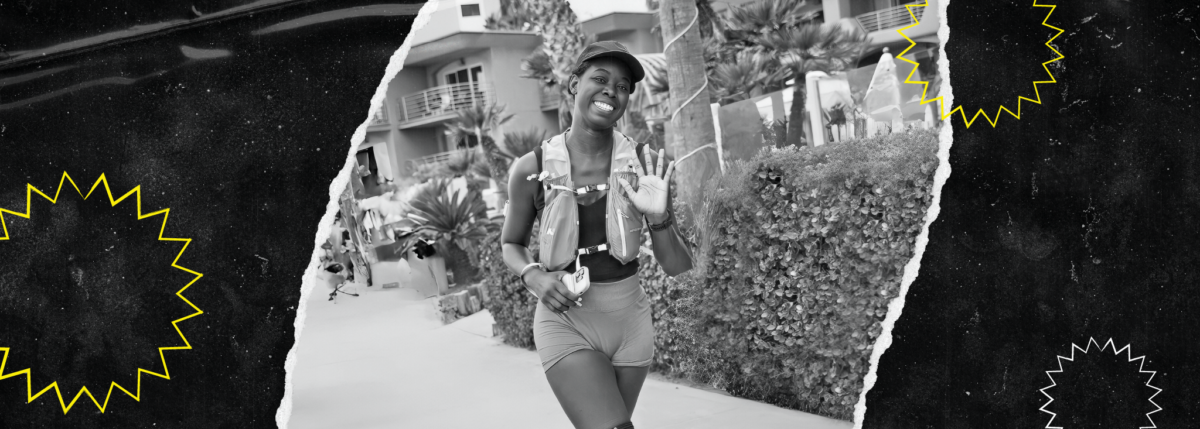
Danica Collins not only prepared for one of the most challenging physical events of her...
Read more
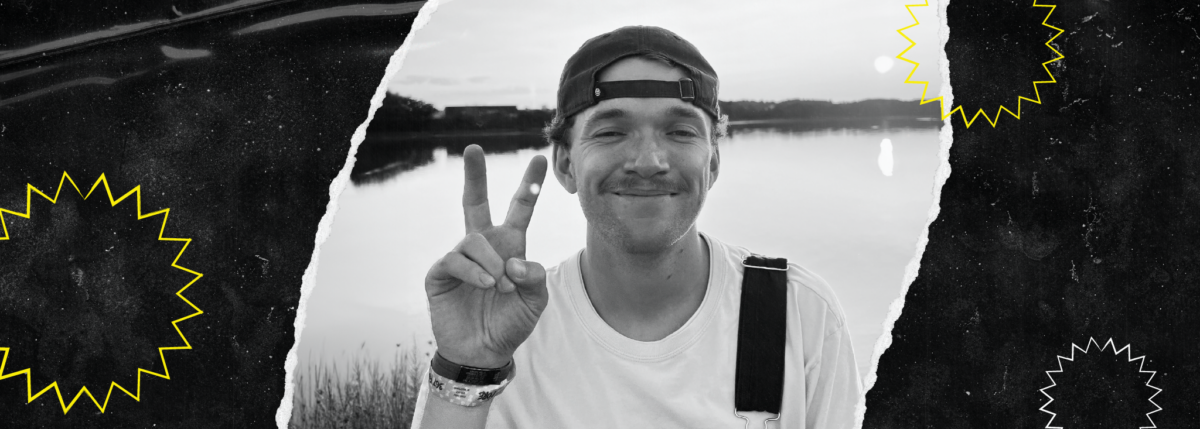
Beyond Type 1 is spotlighting inspiring athletes with type 1 diabetes as they prepare for...
Read more
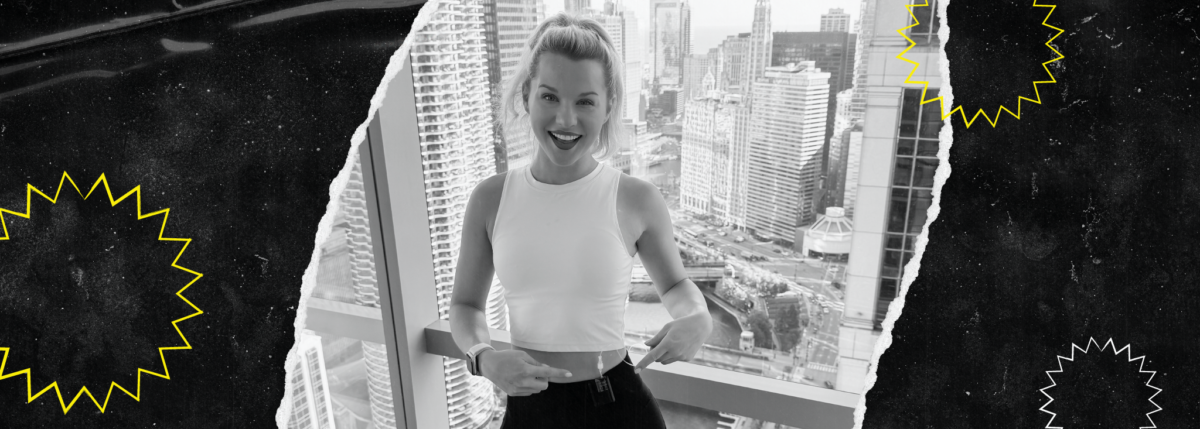
On November 3, 2024, Taylor Rindfleisch of Chicago laced up her running shoes for the...
Read more
